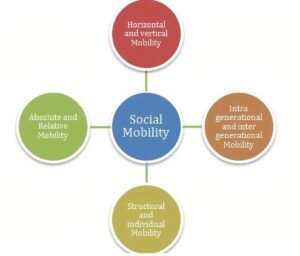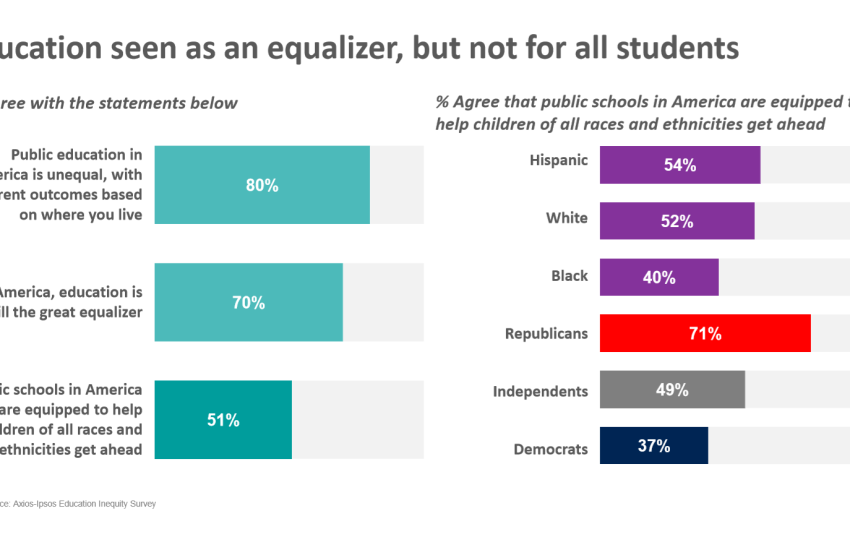How Education Shapes Social Mobility
Educational attainment has a profound impact on social mobility, influencing an individual’s ability to rise above their circumstances and achieve success. In today’s increasingly competitive and technology-driven world, the role of education in shaping social mobility is more important than ever. Let’s explore the ways in which education can impact social mobility and how individuals can leverage their educational opportunities to improve their socio-economic status.
The Power of Education
Education is often referred to as the great equalizer, as it has the power to level the playing field and provide individuals with the knowledge, skills, and opportunities they need to succeed. A strong educational foundation can open doors to higher-paying jobs, better career opportunities, and a higher standard of living. Education also plays a crucial role in shaping individuals’ social networks, providing them with access to valuable resources and connections that can further enhance their social mobility.
Breaking the Cycle of Poverty
One of the key ways in which education shapes social mobility is by breaking the cycle of poverty. Individuals from low-income backgrounds who are able to attain higher levels of education are more likely to secure well-paying jobs and improve their financial situation. Education provides individuals with the skills and knowledge they need to compete in the job market and access opportunities for advancement. By investing in education, individuals can break free from the constraints of poverty and build a better future for themselves and their families.
Access to High-Quality Education
Access to high-quality education is a critical factor in determining social mobility. Individuals from disadvantaged backgrounds may face barriers to accessing quality education, such as underfunded schools, lack of resources, and inadequate support systems. In order to ensure that education remains a powerful tool for social mobility, it is essential to address these disparities and provide all individuals with access to the educational opportunities they need to succeed.
The Role of Technology
Technology plays a crucial role in shaping the future of education and social mobility. Online learning platforms, digital resources, and educational technology tools are revolutionizing the way individuals access and engage with educational content. Technology has the potential to break down barriers to education, making it more accessible and affordable for individuals from all walks of life. By leveraging technology to enhance their educational experiences, individuals can improve their skills, expand their knowledge, and increase their opportunities for social mobility.
Maximizing Educational Opportunities
For individuals looking to improve their social mobility through education, it is important to make the most of their educational opportunities. This may involve pursuing higher levels of education, seeking out mentorship and support, and actively engaging with educational resources and networks. By taking a proactive approach to their education, individuals can position themselves for success and increase their chances of achieving upward mobility.
Conclusion
Education plays a critical role in shaping social mobility, providing individuals with the knowledge, skills, and opportunities they need to succeed. By investing in education, breaking the cycle of poverty, addressing disparities in access to quality education, leveraging technology, and maximizing educational opportunities, individuals can improve their social mobility and build a brighter future. Education truly has the power to transform lives and create new opportunities for individuals to achieve their full potential.
With the right educational foundation and a commitment to lifelong learning, individuals can overcome barriers to social mobility and chart a path to success in today’s rapidly changing world.


